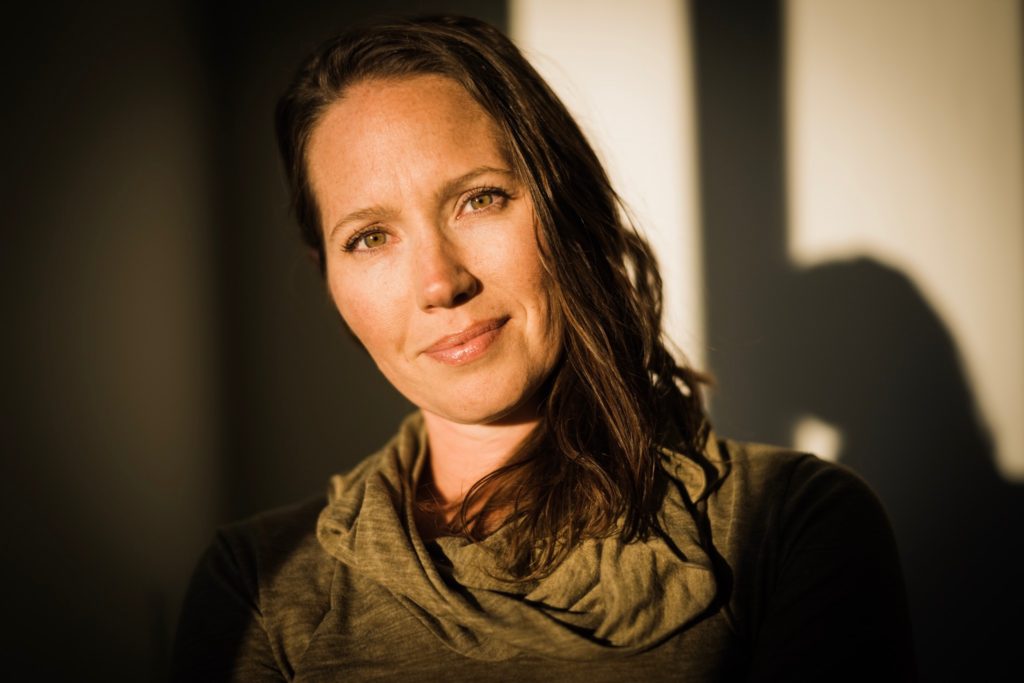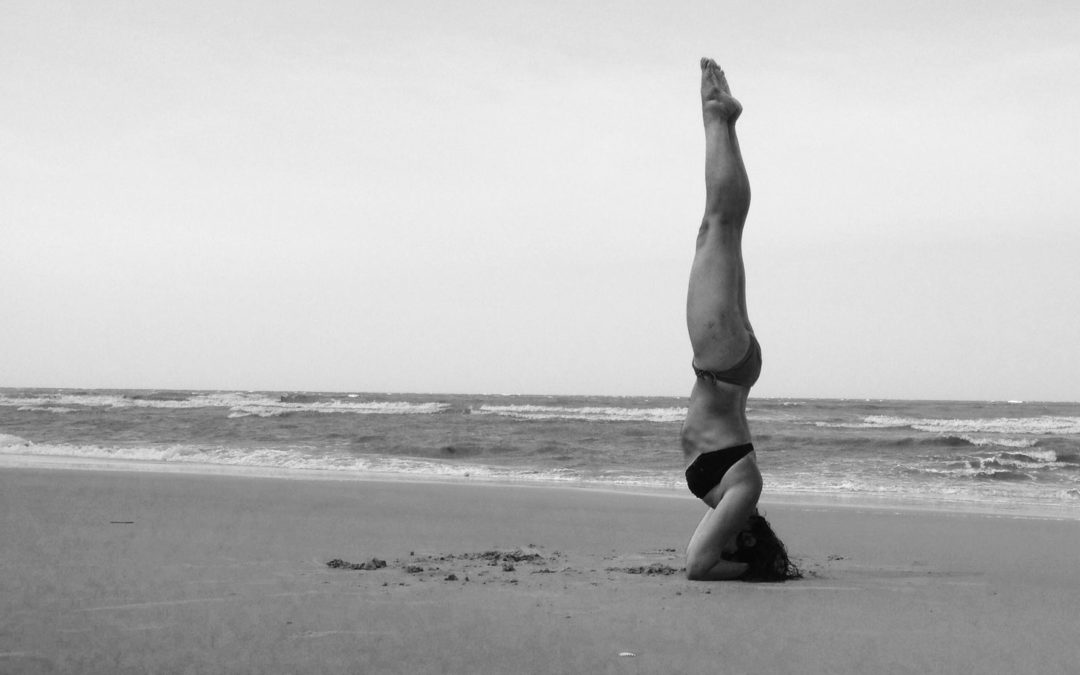“Our current model sets both food and movement up as negative. Eating ( a biological imperative) makes us feel guilty, and we turn movement (also a biological imperative) into punishment. Atonement for diet through exercise. It’s no wonder so many people feel unable to begin moving (and eating) in a way that honors both food and our innate ability to move. We have it all backwards.” —Katy Bowman, Move Your DNA
There’s one topic that I can’t stop thinking about. And I want to talk about it with everyone, but especially those of us entrenched in the fitness and wellness world. And it’s this: The immense struggle we (especially women) have with food, exercise and our bodies. Almost every woman I know has stress over what to eat and how to move. Almost every woman I know talks negatively (to herself and sometimes to others) about her body. One friend recently told me that her body was the “number 1 source of stress in her life.” And she’s not alone. We women are on a constant mission to “fix” ourselves, which usually means shrinking ourselves. And this mission we have, it runs deep. Really deep. One of my recent Ayurveda clients summed it up perfectly when she said she believed “being thin is equal to lovableness and worthiness.”
This breaks my heart into pieces. Especially because I know I have that same belief system rooted in my psyche. Most of us do. Not only does it break my heart, it infuriates me. I’m sick of speaking negatively about my body. I’m sick of hearing friends and clients speak negatively about their own bodies. I’m sick of analyzing the food I eat and hearing about all the diets. I’m sick of scrolling through social media only to see mostly thin women contorting themselves under the guise of “health” and “wellness.” I’m infuriated by the way wellness culture sells us exercise routines for “sculpting”, “cleanses,” and “healthy lifestyle tips” under the disguise of selling thinness. I’m sad that so many people suffer through exercise classes because they are trying to “sculpt” their body parts or burn enough calories as punishment for what they ate yesterday.
This is our current reality. I’m not saying some people don’t have a healthy relationship to diet and exercise- those people DO exist. But by and large, too many people, women especially, are punishing themselves on a daily basis to meet some pie in the sky model of fitness, void of any real joy and constantly anxious that their bodies aren’t good enough, toned enough, small enough. And that, my friends, is the opposite of health.
And all of this has me thinking about my role in the fitness/wellness world, which is, of course, inextricably linked to diet culture and the obsession with being thin and toned. In fact, the fitness/wellness/diet industry profits hugely off our insecurities around what to eat, how to move and our quest to shrink ourselves. Here are the questions I’ve been asking myself and others in the fitness/wellness world at large:
What is the language we are using to describe our own bodes and the bodies of other women and is it helpful or hurtful?
In what ways may my relationship to food be disordered, where does that come from and how can I work through it?
How do I start to shift my own beliefs regarding the connection of body and self-worth?
How can we reframe the narrative around moving (atonement for diet through exercise) and turn it into something that brings joy and purpose (beyond aesthetics) to our lives?
Is there a moral code attached to fitness and food and if so, why do we think that’s ok?
Why do we equate thinness with lovableness and worthiness?
As a woman who works directly with others and their bodies, whether it’s teaching a yoga or Pilates class or talking about elimination during an Ayurvedic consultation, I have a responsibility to educate myself about the dark underbelly of the fitness/wellness world. That’s why I have been educating myself so much on weight stigma, eating disorders, racial justice as it relates to our food system and the psychological toll that fitness/diet/wellness culture messaging can take on people. We need to understand the dangers of things like weight cycling, over exercising and the potential of developing an addiction to “being healthy.” We need to be honestly aware of the roles we play, because other people, especially other women, look to us for guidance.
Food is meant to be enjoyed. Movement is our birthright, not a punishment. Where is the joy in both of these things? Where is the love for our incredible, resilient bodies? We have it all wrong. Let’s take a hard look at how we speak to ourselves. Let’s start healing our relationship with food and movement. Let’s reverse the cycle. Who’s with me?

Liz Reynolds is a registered yoga teacher, certified Pilates instructor, former professional dancer and a certified Ayurvedic Wellness Counselor. She is committed to having conversations around how people can heal their relationship to food, movement and their bodies.
